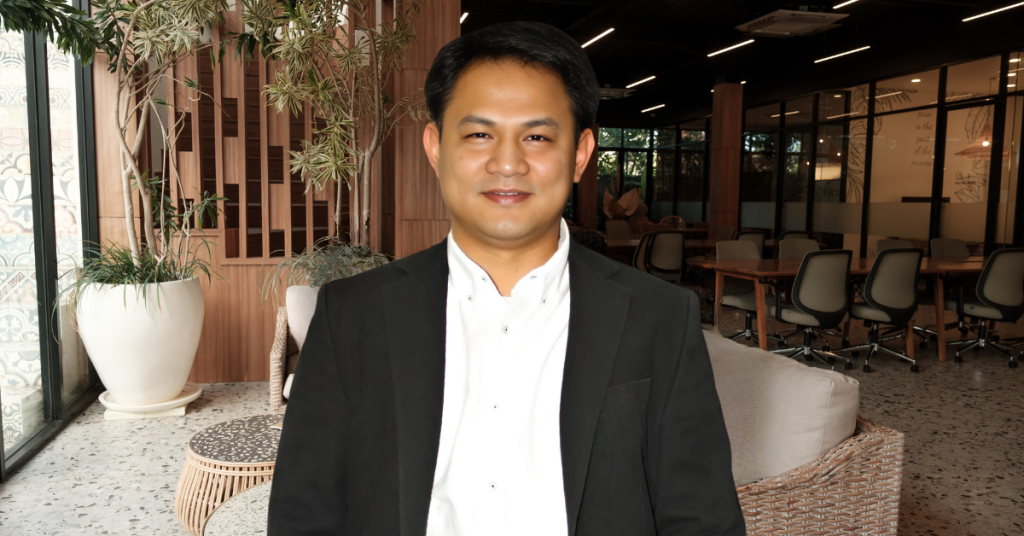For many companies, building a great workplace culture is often treated as a “soft” priority—something secondary to business results. But for Certified Human Resource Professional (CHRP) Arnold Dela Cruz, workplace culture isn’t just about employee perks or motivational posters. It’s about strategy, systems, and most importantly, data.
“In my current role in HR, I oversee a wide range of responsibilities that include strategic planning, data-driven decision-making, employee engagement, and learning and development,” Arnold told Financial Adviser PH. “I coordinate with different departments to align HR initiatives with organizational goals, manage employee concerns, and ensure compliance with policies and labor standards.”
With nearly two decades of experience in global HR roles—including time spent as an OFW working with oil and gas and construction multinationals—Arnold has developed a sharp eye for how culture impacts performance. And unlike traditional HR models that rely solely on intuition, Arnold uses data to drive decisions at every level.
“I adopt an empathetic, inclusive, and data-informed approach,” he said. “I listen actively, respect diverse perspectives, and make decisions grounded in both human connection and analytics.”
Arnold’s ability to balance people-first leadership with analytical rigor comes from his rich background. He has served as a Training Coordinator, HR Data Analyst, and HR Business Partner. He holds an MBA with Educational Excellence, and certifications in CHRP and CIPD, alongside Google’s Data Analytics Professional Certificate and strategic training from Harvard Business School.
But the credentials are just tools. What sets Arnold apart is how he uses them.
“I’m most passionate about Learning & Development and People Analytics,” he shared. “I believe that investing in people’s growth is the most sustainable strategy for any organization. My background in training coordination and data analysis allows me to design development programs that are not only impactful but also measurable in terms of ROI and employee performance.”
In his current role, Arnold is not only shaping talent development programs but also engineering culture change through metrics. He tracks engagement levels, links learning outcomes to performance, and uses analytics to tailor strategies that empower both leadership and staff.
“Too often, culture is treated as a buzzword. But when you can measure what drives your people—when you see the patterns behind performance, retention, and engagement—you can actually build a culture that works,” he said.
Arnold’s daily routine reflects this strategic mindset. He meets with department heads, interprets workforce data, resolves employee concerns, and ensures compliance with labor standards. At the same time, he works closely with leadership to adapt digital tools and promote HR transformation across the organization.
His approach to people management also centers around transparency and inclusion.
“I foster a culture of transparency, continuous learning, and collaboration—values I believe are essential for engagement and retention,” Arnold said. “Creating safe spaces where employees feel heard, valued, and empowered has always been a top priority in my leadership style.”
Arnold also plays a key role in strengthening HR practices in his local province by mentoring younger HR professionals and leading capacity-building efforts in the community.
The message he sends is clear: culture isn’t accidental—it’s designed. And if designed well, it becomes the foundation of business success.
“Whether you’re managing performance or launching a new initiative, it’s not just about what looks good on paper,” Arnold emphasized. “It’s about understanding your people, building trust, and using data to make better, more human decisions.”
From multinational boardrooms to grassroots community initiatives, Arnold Dela Cruz is showing how the future of HR lies not in choosing between empathy and efficiency—but in combining them.
![]()



